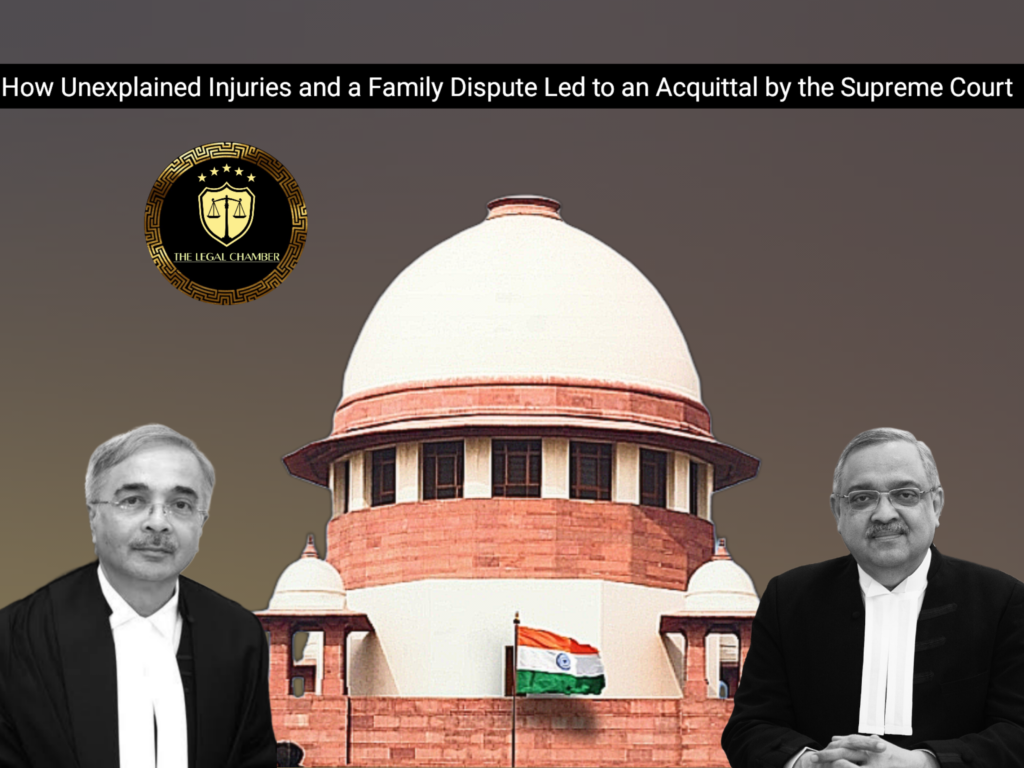
Facts Of The Case:
Based on the altercation, the appellant and her husband were accused of fatally beating the deceased with sticks near a temple later that night. The prosecution’s case, supported by eyewitnesses including the deceased’s father (PW-7), was that the attack was retaliation for the afternoon dispute. The victim was allegedly carried home unconscious and died minutes later, with a First Information Report (FIR) lodged around 9:00 PM. However, the medical evidence presented by the autopsy doctor (PW-6) created a critical discrepancy, opining that the death occurred between 10:00 PM and midnight. Further complicating the case were unexplained incised wounds found on the deceased’s parents on the same day, which the doctor stated could be self-inflicted. The defence highlighted a admitted familial rift and partition dispute between the deceased and his parents. The recovery of the alleged weapons was also questionable, as one was not sent for chemical analysis and the recovery witness turned hostile. The body was discovered at the deceased’s home, not the temple, raising doubts about the exact sequence of events.
Procedural History:
The appellant, along with her husband, was convicted under Section 302 of the Indian Penal Code and sentenced to life imprisonment by the Trial Court. This conviction was subsequently confirmed by the High Court of Madhya Pradesh in its appellate jurisdiction. The appellant then filed the present criminal appeal before the Supreme Court of India, challenging the concurrent findings of the courts below. The Supreme Court, after hearing the appeal, allowed it and set aside the conviction and sentence, resulting in the appellant’s acquittal.
READ ALSO :Supreme Court Rules: Vague and Omnibus Aren’t Grounds to Quash FIR If Specific Allegations Exist
Court Observation:
The Supreme Court observed significant material inconsistencies that crippled the prosecution’s case. It noted a critical contradiction between the ocular testimony, which placed the death around 7:00 PM, and the medical evidence, which established the time of death between 10:00 PM and midnight. The Court found the unexplained incised wounds on the deceased’s parents, which could have been self-inflicted, highly disturbing, especially when viewed alongside the admitted familial enmity and partition dispute. It further highlighted the lack of proof regarding the recovery of weapons and the absence of medical corroboration for the alleged dying declaration. These collective shortcomings created unassailable reasonable doubt, entitling the appellant to an acquittal.
Final Decision & Judgement:
Download The Judgement Here